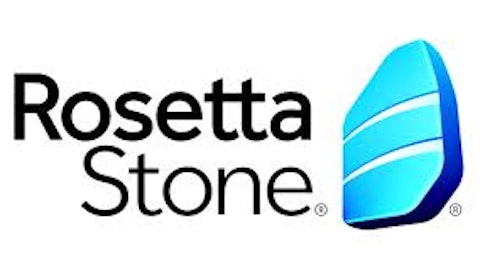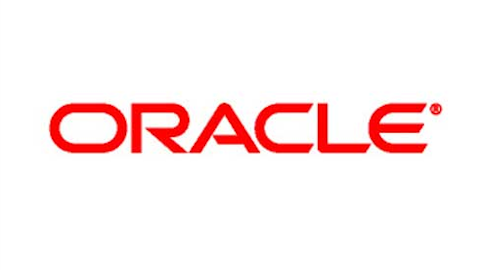Thousands of professional investors have their performance gauged against the S&P 500 (INDEXSP:.INX). That fact, along with the inability of many of those investment managers to match up to the benchmark, has led millions of investors to accept market-matching performance through the SPDR S&P 500 ETF Trust (NYSEARCA:SPY) and similar index funds and ETFs.

As simple as index investing is, though, it does require you to pay attention when those indexes change. Often, that happens more often than you’d think. Let’s take a further look at index changes and how they can affect your investment strategy.
What’s in an index?
Different indexes use different methods to evaluate potential changes. Perhaps the simplest is the Dow Jones Industrial Average 2 Minute (INDEXDJX:.DJI)s, which has only 30 components and therefore doesn’t have to make changes all that frequently. Typically, the Dow Jones Industrial Average 2 Minute (INDEXDJX:.DJI) leaves things relatively unchanged unless absolutely necessary, with its most recent change having come last year when food giant Kraft Foods Group Inc (NASDAQ:KRFT) split into two parts, with neither having the true leadership traits you’d expect in a Dow Jones Industrial Average 2 Minute (INDEXDJX:.DJI) stock.
For its part, the S&P 500 (INDEXSP:.INX) is also relatively stable with its constituency. Rather than making changes on a regular schedule, the S&P tends to move as needed. For instance, in its most recent substitution, the S&P will add News Corp (NASDAQ:NWS). After it splits from its 21st Century Fox unit, with News Corp (NASDAQ:NWS) (NASDAQ:NWS). getting the company’s newspaper and book publishing business while Fox keeps its other media properties. Falling out of the index will be Apollo Group Inc (NASDAQ:APOL), whose for-profit educational focus has fallen out of favor among investors in light of regulatory scrutiny.
Big changes
Other indexes make massive changes all at the same time. As we’ve looked at in recent weeks, the Russell indexes are going through their annual reconstitution, in which dozens of stocks move across the company’s various benchmarks.
But with some other indexes, entire national economies can feel the impact of changes in methodology. For instance, index giant Msci Inc (NYSE:MSCI) changed the classifications of Greece, Morocco, and the Persian Gulf nations of the United Arab Emirates and Qatar. Greece will become an emerging country after losing its status as a developed-economy nation, and Morocco will fall back from emerging status to the smaller status of a frontier market. Meanwhile, the two Persian Gulf countries will rise to emerging-market status.
Some of these distinctions might seem minor, but they have a large impact in how the many ETFs that track various international markets have to make changes in their holdings. The less liquid the markets you’re talking about, the greater the potential impact can be.
Stay on guard
Many investors think that index investing lets them set their portfolios and then forget about them. But in actuality, with all the changes that happen with indexes, you have to work hard to stay on top of all the action in passive investing.
The article Even Passive Investors Can’t Ignore This originally appeared on Fool.com is written by Dan Caplinger.
Fool contributor Dan Caplinger has no position in any stocks mentioned. You can follow him on TwitterL @DanCaplinger. The Motley Fool has no position in any of the stocks mentioned.
Copyright © 1995 – 2013 The Motley Fool, LLC. All rights reserved. The Motley Fool has a disclosure policy.





